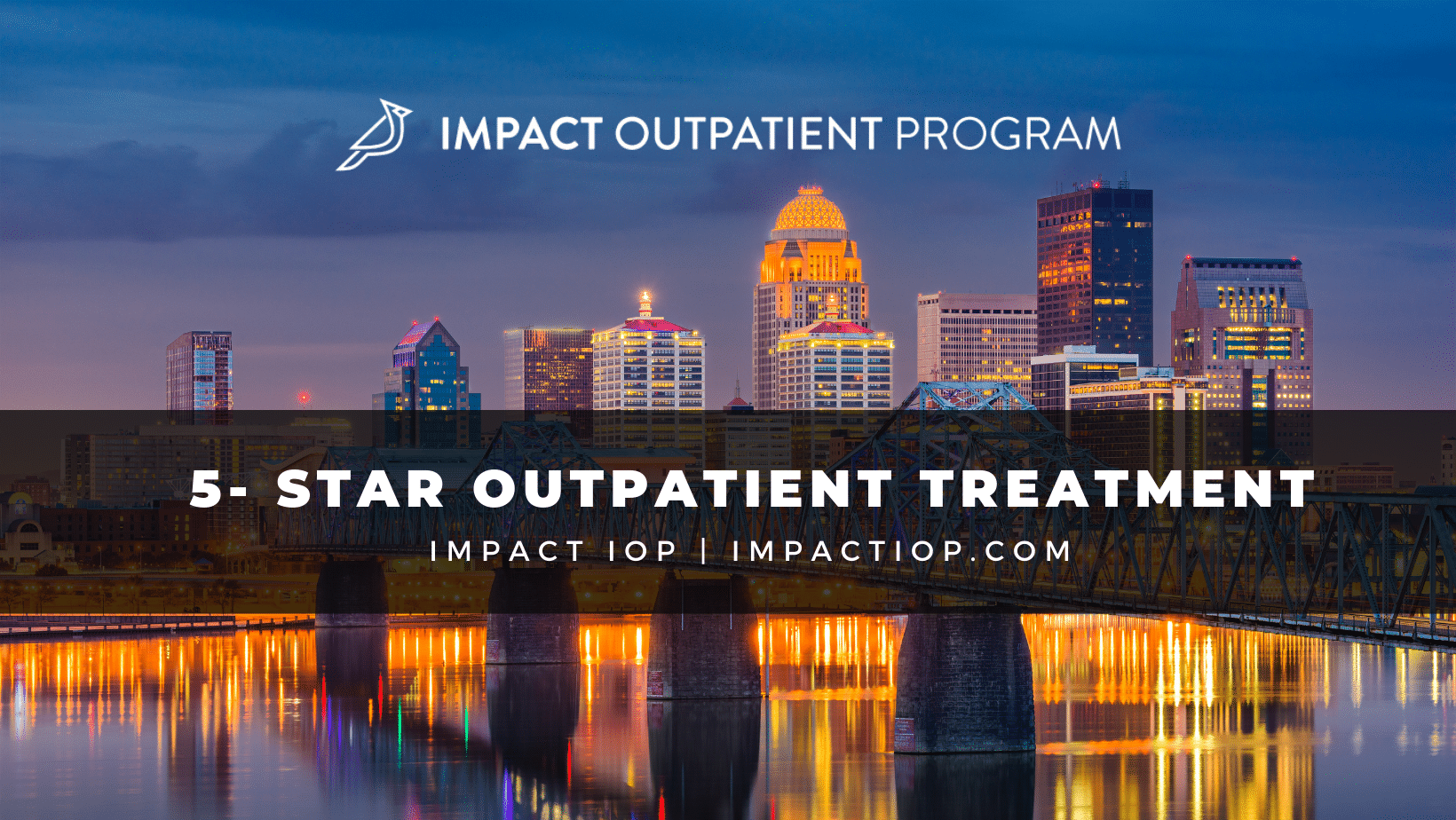ALCOHOL TREATMENT CENTER
Struggling with alcohol addiction can be a difficult and isolating journey. That’s why seeking treatment at a facility like Impact IOP is so important. With our experienced team of professionals, we offer a comprehensive approach to alcohol treatment that includes counseling, individual therapy, and group support. Impact IOP also provides a safe and supportive environment for individuals to begin the process of healing and recovery. From the moment a client enters our doors, they are met with empathy and understanding, and treated with the utmost care and respect. With our help, clients can overcome their addiction and start living the fulfilling life they deserve.

Introduction to Alcohol Rehab
The presence of alcohol addiction can be traced back thousands of years, to the time of the Greeks. Their literature talked about the dangers of drinking too much and the changes in behavior that they saw. Alcohol was used to celebrate and socialize. However, those who drank too much were looked down upon.
The National Institute on Alcohol Abuse and Alcoholism (NIAAA) estimates that in 2019, approximately 14.5 million individuals 12 and older struggled with Alcohol Use Disorder. They also believe that only 7.2% of the 14.5 million individuals received treatment for their alcohol addiction.
You can see that the prevalence of alcohol abuse and misuse is staggering, and it impacts more than just the individual who drank the alcohol. The consequences of drinking is what led to the U.S. Prohibition of alcohol from 1920 to 1933.
Alcohol Addiction in Kentucky
The Substance Abuse and Mental Health Services Administration (SAMHSA) reported that in 2010, 25,428 people engaged in treatment for alcohol and drug abuse in the state of Kentucky.
The same report showed that 28.2% of these individuals were seeking treatment for opioid abuse and misuse. The second most commonly abused drug in Kentucky that year was alcohol.
Research has shown that about half of the individuals who attend treatment are also receiving mental health treatment as well.
We have noticed that the rates of alcohol abuse and misuse in our state are lower than the rates we are seeing in surrounding states and nationally.

Signs & Symptoms of Alcoholism
Let’s start by talking about how alcohol impacts our brains when we drink. Alcohol makes it harder for our brain to communicate with our bodies. This means that our balance, memory, speech, and judgment are not as they would be if we were sober.
Our brains continue to develop until we are approximately 25. Alcohol misuse and abuse before our brains are fully developed can lead to more negative outcomes.
Drinking in moderation is described as two or fewer drinks per day for men, and one or fewer for women when drinking. The U.S. Dietary guidelines state that drinking less when possible is better for our health.
Binge Drinking is viewed as consuming five or more beverages for men, and four or more beverages for women on a single occasion, at least once in the past month. The NIAAA estimates that approximately 24% of individuals 12 and older reported binge drinking within the past month.
Heavy drinking is viewed as having more than four drinks in one day, or more than 14 drinks per week for men. For women, heavy drinking is viewed as having more than three drinks in one day or seven drinks per week.
How Alcohol Use Disorder Is Rated
Alcohol Use Disorder is rated with a scale by Addiction Professionals. This means a diagnosis could be mild, moderate, or severe. The rating will be dependent on the number of criteria that apply to the last two years of a person’s alcohol use:
- Have you drunk more, or for a longer period of time than you originally planned?
- Have you tried to cut down or stop drinking and weren’t able to?
- Would you say that you have spent a lot of time drinking? This includes time spent being hungover or experiencing withdrawal.
- Have you wanted to drink so badly that you couldn’t think about anything else?
- Has drinking interfered with your home responsibilities, work, or school?
- Did you drink even though it was causing trouble with family or friends?
- Did you stop doing what interested you so you could drink more?
- Have you been in more than one situation where drinking made it more likely that you could get hurt? For example, risky sexual behaviors, driving impaired, being in unsafe areas
- Did you ever continue to drink even though it was leading to mental health concerns such as depression and anxiety? Perhaps feeling depressed or anxious after blacking out?
- Do you need to drink more alcohol to reach the same feeling? Also known as tolerance to alcohol
- Have you experienced alcohol withdrawal?
That can be a lot to take in for some of us, so take a step back and remember it is the job of the Addiction Professionals to walk through that criteria with you and see which questions apply to you and your struggles.
Heavy alcohol abuse is known to have immediate lasting and damaging effects on several major organs. These include our brain, heart, liver, and pancreas.
Impact Of Heavy Drinking

Similar to other commonly abused drugs, alcohol overdose is considered a health crisis. Having too much blood in our system can interfere with regulating our breathing, heart rate, and body temperature. If left untreated, this can lead to brain damage and death.
Signs of an alcohol overdose can include some or all of the following symptoms:
- Being confused
- Unconsciousness
- Vomiting
- Seizures
- Slowed or irregular breathing
- Clammy skin
- Lack of a gag reflex
- Low body temperature, paleness, or blue skin color
Seeking medical attention for anyone in this health crisis is imperative for their survival.
Alcohol Withdrawal Symptoms
Alcohol withdrawal can be dangerous as well. Alcohol withdrawal will be different for everyone and is dependent on several factors, including how much alcohol you drank, your own body chemistry, and how long you have abused alcohol. It can last anywhere from 24 to 72 hours. Alcohol withdrawal may include some or all of the following symptoms:
- Depression
- Anxiety
- Difficulty thinking
- Irritability
- Insomnia
- Headaches
- Nausea and vomiting
- Rapid heart rate
- Sweating
- Hand tremors
Alcohol withdrawal has the potential to turn into what is called complicated withdrawal, which can cause seizures. This is a health crisis and warrants immediate medical attention as it can cause death.
INTENSIVE OUTPATIENT
Our intensive outpatient program helps those addicted to drugs & alcohol is finding a sustainable path to long-term recovery through continued, long-term treatment.
OUTPATIENT PROGRAM
The outpatient program at Impact Outpatient Program is a step-down level of care program that incorporates the foundations of our core program on a less intense basis.
MULTIPLE PATHWAYS
Impact Outpatient Program offers multiple pathways to addiction recovery through traditional and evidence-based programming at our Louisville area treatment center.
INTENSIVE OUTPATIENT
Our intensive outpatient program helps those addicted to drugs & alcohol is finding a sustainable path to long-term recovery through continued, long-term treatment.
Our Alcohol Rehab in Kentucky

At our alcohol rehab in Kentucky, we are able to design treatment for your specific needs. This begins with determining the level of care that would be the best fit for you at this moment. We pride ourselves on being a judgment-free zone.
We have a Residential Inpatient program that has you stay on sight so you can focus on your recovery journey during the day by engaging in evidence-based addiction treatment with our trained Mental Health Professionals.
We offer a Partial Hospitalization Program. With this option, you would be able to stay at home and come to the recovery center for 4 to 6 hours per day 3 to 5 times per week.
We offer an Intensive Outpatient Program. Our IOP program is determined case by case, and typically includes 15-25 hours of group therapy and one hour of individual therapy. Group therapy has been proven to be more effective in treating addiction compared to individual therapy. There are still benefits to individual counseling during your treatment.
We offer an Outpatient Program. Outpatient treatment usually involves group and individual therapy. We tailor your treatment schedule to your needs and your availability to get to treatment.
Re-Start Your Life with Our
Alcohol Treatment Program in Kentucky
Many alcohol treatment programs in Kentucky claim to tailor their treatment programs to your individual needs, and the truth is that we truly are able to meet you where you are and find the right fit. Having consistency and routine in your addiction treatment can make the process more familiar, and we are able to do that.
When it is appropriate for you to advance to another step in treatment, we will be right there to help guide you through the change.
After you complete treatment successfully, we even offer an After Care program where you can come and check in during group sessions after returning to your life after our Outpatient program.
Lastly, we offer family therapy. This is such a vital and helpful program for the families of someone struggling with an addiction. There is no denying that addiction hurts more than the alcoholic or addict, and families deserve an opportunity to heal as well. With both parties in treatment, the chances of the family moving forward together and preventing a relapse increase greatly.
If you are worried about yourself, or someone you love, we invite you to call us at (502) 912-1038. We would be happy to answer any questions you may have about our programs and see where we can help you.
Impact Outpatient Program is a one-of-a-kind outpatient drug & alcohol treatment center that offers a path to lasting, sustainable recovery.

Fill out our free insurance verification form to find out your benefits and coverage options for substance abuse treatment.
At this time we do not accept Medicaid or Medicare policies.

ALCOHOLISM

ADDICTION

DUAL-DIAGNOSIS

TELEMEDICINE
BEGIN YOUR JOURNEY (502) 912-1038
Let Impact Outpatient Program help you find your path to lasting recovery from substance abuse right now. Same-Day Admissions Available.











